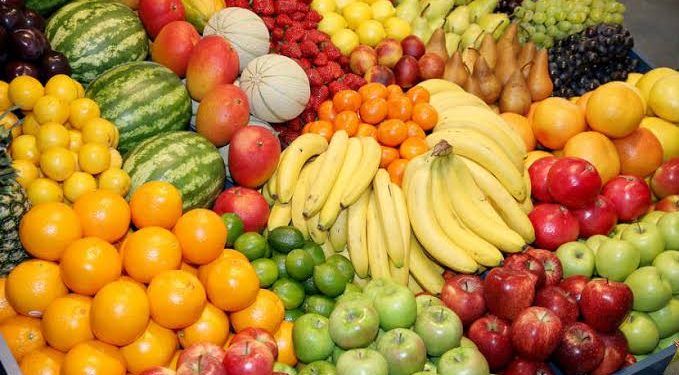The Ministry of Agriculture Animal, Industry and Fisheries (MAAIF), has clarified on the phytosanitary checks being conducted at all border points.
This follows complaints from a section of the public on the checks being conducted at the entry and exit terminals of Entebbe International Airport.
However in a statement released by the MAAIF Permanent Secretary Maj. Gen. David Kasura-Kyomukama, the ministry noted that the checks are normal and are enshrined in the Laws of Uganda.
“Uganda has suffered some interceptions in the European Union due to harmful organisms in fruits and vegetables some of which have been attributed to passenger cargo. It is therefore imperative that we maintain the strictest observance of the International Trade Standards,” Kasura noted.
He revealed that from 2019 to date, duly registered companies authorized to export fruits, vegetables and fresh foods petitioned the Agriculture Ministry, to control the illegal export of fruits and vegetables via the passenger departure terminal.
Kasura, however said that since the fruits and vegetables are exported cheaply and do not adhere to the packaging standards, it compromised the country’s export earnings and did not create incentive for the law abiding companies.
In line with the Agriculture Value Chain Development Strategy and NDPIII, the Ministry of Agriculture, Animal Industry and Fisheries (MAAIF) is prioritizing promotion of markets access and enforcement of international market standards to ensure that agricultural commodities and related products accessing these markets meet the international standards.
The Ministry notes that this casts a spot light on the role of the Inspection, Certification and Regulation function of the Ministry as enshrined in the Laws of Uganda.
“Additionally, Uganda’s biosecurity system has played a critical role in keeping the country safe from invasive pests and diseases. However, a number of factors, including growth in trade volumes, are putting pressure on the country to improve the biosecurity, protect agriculture as well as sustain the lucrative export markets,” Kasura said.
Kasura explained that the enforcement is also in line with the execution of the international obligations, where MAAIF collaborates with other government Ministries, Departments and Agencies (MDAs) and the Private Sector to coordinate, control and regulate national, regional and international movement of agricultural produce and products to ensure that the international norms agreed in the framework of World Trade Organization (WTO) are complied with.
“This includes agricultural imports and exports for both commercial and personal cargo,” he noted.
Adding, “This is aimed at ensuring that all agricultural produce and products, imported and exported including those carried by passengers travelling by Air are free of harmful organisms and contaminants that could be detrimental to the plant health, biodiversity, human health and food security of Uganda as well as that of the international community including our trade partners.”
He stated that, in a bid to align Uganda Sanitary and phytosanitary management systems with international WTO SPS border control requirements, it is pertinent that MAAIF together with other MDAs and Private Sector, maintain regulatory control of movement of all agricultural produce and products into and out of the borders of Uganda.
Noting, “This is one of the avenues to ensure standards in international trade and exchange of commodities and germ plasms and also retain and sustain the lucrative export markets that support Uganda Economy.”
Kasura advised the Public to declare all agricultural related products, 48 hours before day of travel into or outside Uganda.









